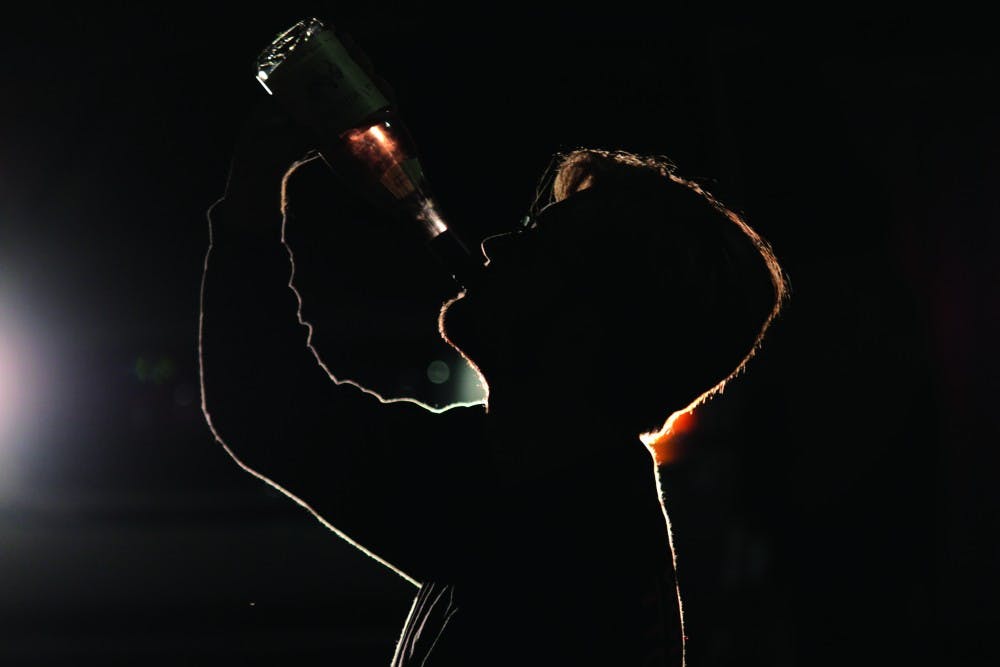The goal of the study was to obtain data that provides both qualitative and quantitative evidence on the effects of alcohol, she said. The research team spent time formulating questions and meeting with student groups prior to the January survey.
The survey portion of the study closed in February, Freeman said.
“Personally, I just find the qualitative data to be so impactful because you can really hear the students' stories and the true impact of how this feels at an individual level, even though it's a systemic problem,” she said.
Landess said the research team plans to finalize data by late April.
“What we're hoping for is that by putting hard numbers behind the very real lived experiences of students at UNC, we’ll be able to advocate for more resources, for better supports for students of color,” she said.
'We want students to feel safe'
The study found that many social events at UNC revolve around drinking, Emmott said, and heavy drinking is often supported by peers, in particular among first-year and sophomore students.
She said that beyond unsafe drinking environments, alcohol is also used by students as a coping mechanism for things like academic and social stress.
Freeman said the initial study — which the UNC study was based on — found that many students of color experience more harm and feel unsafe in alcohol-related situations.
Initial results of the study conducted at UNC mirror the UW-Madison study.
A major trend seen in the UNC study is that many Black female-identifying students who participated in the study said they have considered leaving the University, Freeman said.
“That's the retention concern that we’re hoping makes an impact," Freeman said. "We want students to feel safe and comfortable and like they belong here and not have to consider leaving school due to others’ alcohol use.”
To get the day's news and headlines in your inbox each morning, sign up for our email newsletters.
Sophomore Ahmi Aghedo, who participated in the survey, said they research a fraternity before attending a party to find out if it’s safe to attend.
“If I’m gonna go to a party, I’m not really thinking about how much alcohol or drugs are gonna be used, I’m more so thinking about is it safe for me to go," they said. "Am I actually going to have a good time?”
Aghedo said they need to keep their own safety in mind.
“If you want to just have fun and go out, but you have to talk to your other friends of color and figure out where it’s safe to go, you worry and then hear bad stories,” they said.
Next steps
Landess said the Campus & Community Coalition encourages implementing policies that can create a safer college environment by limiting access to common source alcohol at parties.
The team will share the data with participants first to ensure they are getting their story right, Kaitlyn Loefstedt, another graduate student working on the study, said.
"We want to make sure that we share the results with (student participants) first hand," she said.
With the publication of the data, the team aims to expand awareness on these issues on UNC’s campus and direct more funding into alcohol-free initiatives.
“What needs to be acknowledged by the University is fear that a lot of people of color have, because that can impact your college experience,” Aghedo said.
UNC Student Wellness offers different programming and educational resources surrounding substance use, including Carolina After Dark, an initiative that hosts alcohol-free events for students Thursdays through Saturdays. More information can be found on the Student Wellness website.
university@dailytarheel.com | elevate@dailytarheel.com




